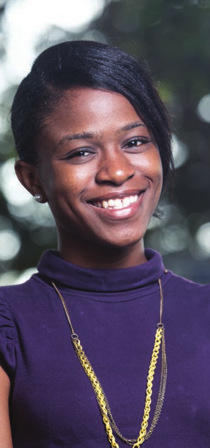The Directorate of University Health Services will commence Medical Examinations for Fresh Students for the 2019/2020 Academic Year from Monday, 19th August, 2019 to Friday, 27th September, 2019.
The details of the exercise are as follows:
| COLLEGE | DATE | VENUE |
|---|---|---|
| All Colleges (Early Arrivals) | 19th - 23rd August, 2019 | UCC Hospital |
| College of Education Studies | 27th -30th August, 2019 | |
| College of Humanities & Legal Studies | 2nd -4th September, 2019 | |
| College of Agric and Natural Sciences | 5th - 9th September, 2019 | |
| College of Health and Allied Sciences | 10th - 13th September, 2019 | |
| Mop-up for all Colleges | 15th -27th September, 2019 | |
| EXAMINATION | TIME (Mon-Fri) | VENUE |
| Laboratory Tests | 7:30 a.m. - 12:00 noon | Laboratory Unit |
| X-Ray | 7:30 a.m. - 3:00 p.m. | X-Ray Unit |
| Eye Tests | 8:00 a.m. - 3:00 p.m. | Eye Clinic/Optometry Eye Clinic |
| Oral Health (Dental) | 7:30 a.m. - 2:00 p.m. | Dental Unit |
| BP and BMI | 7:30 a.m. - 2:00 p.m. | OPD |
| Consultation with Medical Officers | 8:00 a.m. - 3:00 p.m. | Consulting Rooms |
Official medical examination chits would be issued to students on first-come-first-serve basis at all the service areas to ensure orderliness and smooth movement of students.
Freshers should please note that the laboratory and x-ray results would be available within two (2) working days after the examinations. Physical examination and consultations with Medical Officers will follow accordingly.
FRESHERS’ EYE SCREENING 2019/2020
The screening will run from 26th August, 2019 to 22nd September, 2019 (Mondays to Fridays) at the Optometry Eye Clinic, Department of Optometry & Vision Science, CANS (Science) Building Complex and University Eye Clinic, Old Site (near X-Ray Dept., UCC Hospital)
- On each working day, 100 students will be attended to at the Science Clinic and 150 at the Old Site clinic.
- Coupons will be issued at each of the clinics from 7.30am each working day. The coupon will indicate the time you will be attended to (i.e. morning, 8.00am – 12noon; afternoon, 12noon – 4.00pm). All coupons expire at the end of the day and cannot be used for the following day. You will require a new coupon for your next attendance.
- You need to print and fill out an eye screening form BEFORE you attend the clinic. The forms are available online by accessing the UCC student portal with your registration number. The forms are NOT available at any of the eye clinics.
- After your eye screening examination, ensure that the status of your eyesight is stated on the form and the form is signed and stamped.
- Write your name in the log book at the clinic to indicate that you have completed your eye screening.
- If you are referred for further tests, make a copy of your form and return to the clinic with the form on your appointment date.
- Attach your signed and stamped form to your other completed medical forms and submit to the UCC Hospital.
Please contact the supervisor on duty if you have any problems or questions.
Thank you
ISSUED BY: Directorate of University Health Services and Department of Optometry and Vision Science

 These are students who enroll in full-time programmes and are awarded degrees on completion of their studies by the University of Cape Coast. The University attracts students from all over Africa and other parts of the world.
These are students who enroll in full-time programmes and are awarded degrees on completion of their studies by the University of Cape Coast. The University attracts students from all over Africa and other parts of the world.

